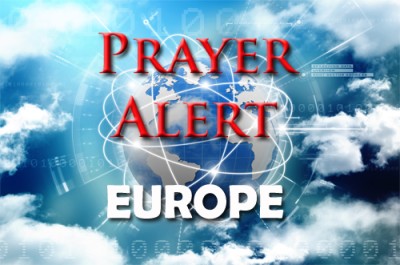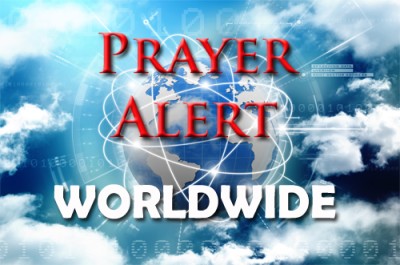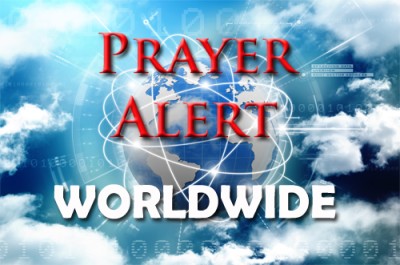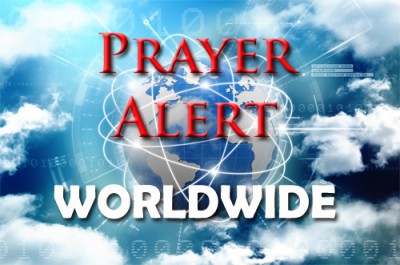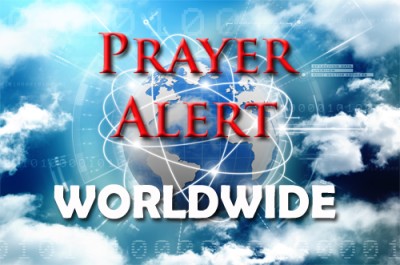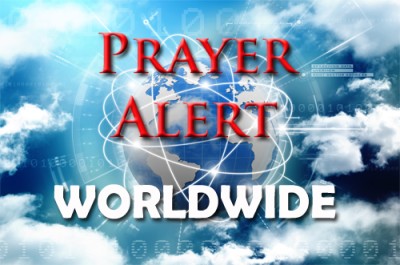France: surgeon jailed for abusing 299 patients
29 May 2025Joel Le Scouarnec, once a respected surgeon, has been sentenced to twenty years in prison after admitting to sexually abusing 299 patients, mostly children, between 1989 and 2014. The judge said he took into account the fact that he targeted sedated and vulnerable victims. Although sentenced to the maximum term, Le Scouarnec has already served seven years and may be eligible for parole by 2030. Victims and their advocates expressed anger over the perceived inadequacy of the sentence. One survivor noted the lifelong trauma endured by victims while Le Scouarnec might eventually regain his freedom. The 74-year-old, already serving a 15-year sentence from 2020 for prior assaults, did not appeal the new ruling. His handwritten diaries documented the abuse in detail, aiding police in identifying victims - many of whom were unaware they had been assaulted. In court, Le Scouarnec acknowledged his crimes and expressed remorse, though survivors have questioned the justice system’s ability to match the gravity of such heinous acts.
Donald Trump has paused a proposed 50% tariff on EU goods, extending the negotiation deadline to 9 July after a phone call with EC president Ursula von der Leyen. She requested more time to reach a deal, which Trump agreed to, calling the EU ‘willing to negotiate’. While both sides seek a resolution, the USA remains firm on maintaining a 10% base tariff, rejecting the EU’s recent offer to eliminate industrial tariffs and boost cooperation in AI and energy. Trump’s stance stems from concerns over the EU’s significant trade surplus and regulatory barriers. Meanwhile, the EU has approved retaliatory tariffs worth billions, set to begin on 14 July if talks fail. The escalating tensions risk sparking a costly trade war, which the IMF warns could shrink GDP on both sides. EU and US officials are set to meet next month in Paris to seek resolution. In preparation for these, the EU has requested firms to give details of their dealings with US companies: see
A UN warehouse in Gaza has been stormed by desperate civilians amid growing hunger and aid shortages, resulting in two deaths and several injuries. The World Food Programme warned of impending famine, urging immediate aid expansion. Though Israel has lifted an eleven-week blockade, only limited aid has entered via the UN and the US-backed Gaza Humanitarian Foundation (GHF). The UN criticised Israel’s aid efforts as grossly inadequate, likening them to ‘a lifeboat after the ship has sunk’. Ongoing Israeli strikes, including the killing of Hamas leader Mohammad Sinwar, killed at least thirty people on 28 May. Israel, facing international pressure, is insisting aid be routed through the GHF, but the UN and other charities are refusing to do so because they do not see it as neutral. The GHF has so far distributed over 840,000 meals; reports say that at one site 47 people were injured in a rush for food. Humanitarian groups continue to warn of systemic deprivation and the collapse of basic aid infrastructure in Gaza.
North Korea has strongly condemned the US plan to develop a futuristic ‘Golden Dome’ missile defence system, warning it could trigger a nuclear arms race in space. The system, promoted by Donald Trump to counter next-generation threats such as hypersonic and cruise missiles, is viewed by Pyongyang as a provocation that would undermine its nuclear deterrent. North Korea’s foreign ministry described the plan as arrogant and dangerous, while China has called it a threat to global stability, saying the USA is ‘obsessed’ with its own security. Analysts note the system could compel North Korea to advance its missile capabilities. While many experts agree that US defence infrastructure needs updating, critics point to the potential geopolitical fallout and high costs - estimated at up to $500 billion long-term. Strategic tensions over space militarisation continue to grow as nations grapple with balancing national defence and global security.
A German court has dismissed a lawsuit by Peruvian farmer Saul Luciano Lliuya against energy giant RWE, rejecting his claim for damages over flood risks in his hometown linked to climate change. Lliuya argued that RWE’s historic carbon emissions contributed to the melting of Andean glaciers threatening his town of Huaraz. Though the court found no immediate threat to his property, it acknowledged that major emitters may bear proportional costs for preventative climate measures. This ruling, while unfavourable to Lliuya, is seen as a landmark in climate litigation, particularly as it came from a plaintiff in the global south against a global north corporation. The court also said that RWE should have foreseen the effects of its emissions. Although RWE argues that climate change cannot be blamed on a single emitter, legal observers view the case as a potential turning point for holding polluters accountable globally.
USA: federal court blocks Trump’s tariffs
29 May 2025A federal court has blocked Donald Trump’s broad use of tariffs, ruling that the Constitution grants Congress - not the president - authority to regulate foreign commerce. The decision challenges Trump's use of the 1977 International Emergency Economic Powers Act (IEEPA) to impose sweeping import taxes, a cornerstone of his ‘America First’ agenda. Two lawsuits, one by small businesses and another by a coalition of US states, sparked the ruling. The court also blocked tariffs on China, Mexico, and Canada, imposed under immigration and drug control claims. However, tariffs on specific goods like steel and cars were not addressed. Markets responded positively, with global stocks rising and the dollar strengthening. If the ruling is upheld, affected businesses may receive tariff refunds with interest. Legal experts suggest the decision may constrain executive power over trade, sending a strong constitutional message. The White House has vowed to appeal, calling the ruling a judicial overreach. In another development, the Trump administration has asked the supreme court to overturn a judge’s ban on deporting migrants without giving them a chance to seek legal relief: see Breaking news: the ban on tariffs has been temporarily paused by an appeal court.
China: five killed in massive chemical explosion
29 May 2025At least five people were killed and six remain missing after a powerful explosion rocked the Shandong Youdao Chemical plant in Gaomi, eastern China. Occurring just before noon, the blast sent a massive plume of grey and orange smoke into the sky, shattered nearby windows, and triggered a major rescue operation. Nineteen others sustained minor injuries. Emergency teams dispatched 55 vehicles and over 230 personnel to the scene, while the ministry of emergency management sent reinforcements. Social media videos showed smoke blanketing the area, with some structures visibly damaged. Witnesses from nearby businesses reported hearing a loud bang and experiencing a strong gust of wind, which caused structural damage and panic. The cause of the explosion has not been released. Shandong Youdao Chemical, founded in 2019 and employing over 300 people, produces pesticides and pharmaceutical chemicals. The tragedy, reminiscent of the deadly 2015 Tianjin warehouse explosions which killed over 100 people, has revived concerns over industrial safety in China.
Donald Trump’s administration has ordered US embassies to halt new student visa appointments as it prepares to expand social media vetting of international applicants. The move is part of a broader crackdown on US universities, which Trump accuses of harbouring left-wing and antisemitic sentiment amid pro-Palestinian campus protests. Embassies are directed to cancel unscheduled interviews, with warnings of ‘significant implications’ for visa processing. Critics say this threatens the rights and futures of international students, who often pay higher fees and significantly fund the universities. The administration has frozen millions in university funding, revoked thousands of visas, and moved to deport foreign students - many actions now under legal challenge. Harvard University, a prime target, recently had its ability to host international students suspended, though a federal judge blocked the decision: for a view on how much its international students contribute, see Critics argue the social media screening policy infringes on free speech, while Trump insists it protects national security and combats extremism.
